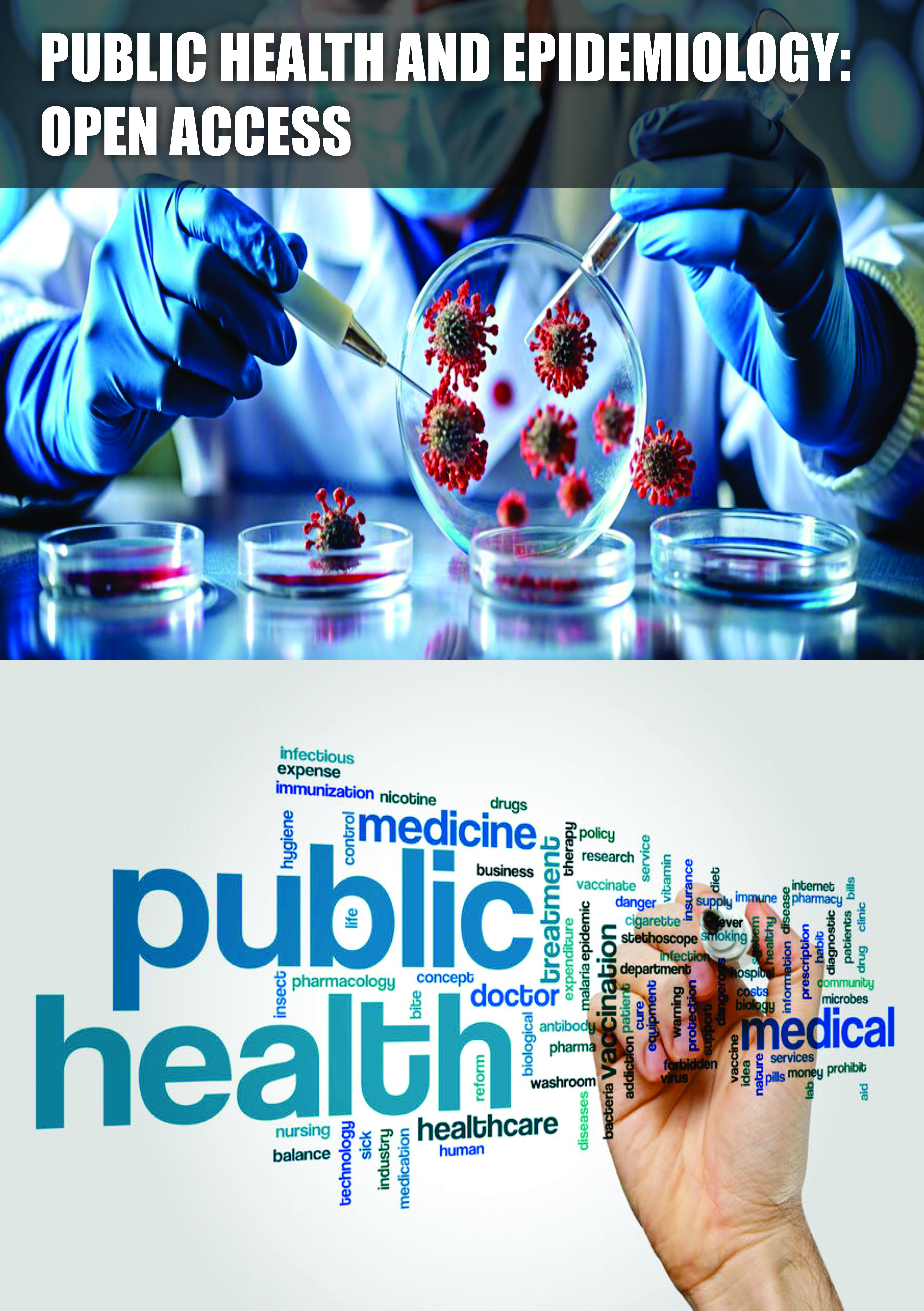Public Health and Epidemiology: Open Access
Evaluation of Pesticide Residues in Animal Products and their Public Health Implication in Niger State, Nigeria
Abstract
Aliyu Evuti Haruna, Nma Bida Alhaji, John Yisa Adama, Onakpa Michael Monday, Hadiza Lami Muhammed and Hussaini Anthony Makun
Pesticide residues in milk, meat, and the environment pose significant food safety concerns, particularly for vulnerable populations like children and pregnant women, due to risks such as congenital defects. This study assessed pesticide levels in cattle blood, milk, and edible tissues (muscle, liver, kidney, and tongue) from abattoirs in Niger State using Gas Chromatography-Mass Spectrometry. Total pesticide residue levels were 1.331 μg/kg in muscle, 2.124 μg/kg in liver, 1.908 μg/kg in kidney, 2.017 μg/kg in tongue, 3.22 μg/kg in milk, and 1.845 μg/kg in blood, with the residue order being Muscle > Blood > Kidney > Tongue > Milk. Detected pesticides included Methomyl (0.068 μg/kg), Carbofuran (0.037 μg/kg), Acetamiprid (0.021 μg/kg), Parathion (0.039 μg/kg), and Aldrin (0.322 μg/kg), among others. The presence of obsolete and highly toxic pesticides like Carbofuran, Parathion, and α-Lindane raises significant public health alarms due to their bioaccumulation and persistence, underscoring the lack of regulatory monitoring in developing countries like Nigeria, where food safety standards are often inadequate. This highlights the urgent need for continuous monitoring, stringent regulations, and mitigation strategies to reduce health risks and enhance food safety. The absence of effective pesticide monitoring, especially for locally consumed and export-bound products, undermines public health and economic prospects. By providing essential baseline data, this study aims to promote compliance with international standards and safeguard consumers from pesticide-related risks.

